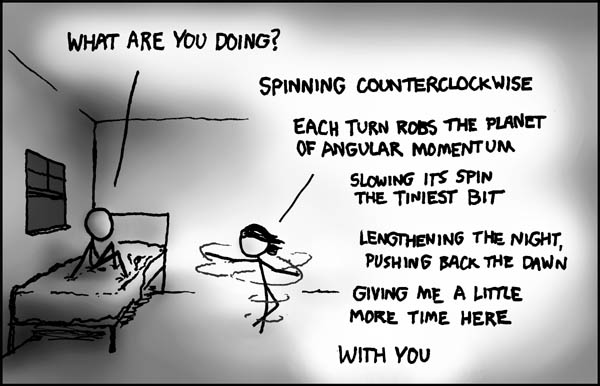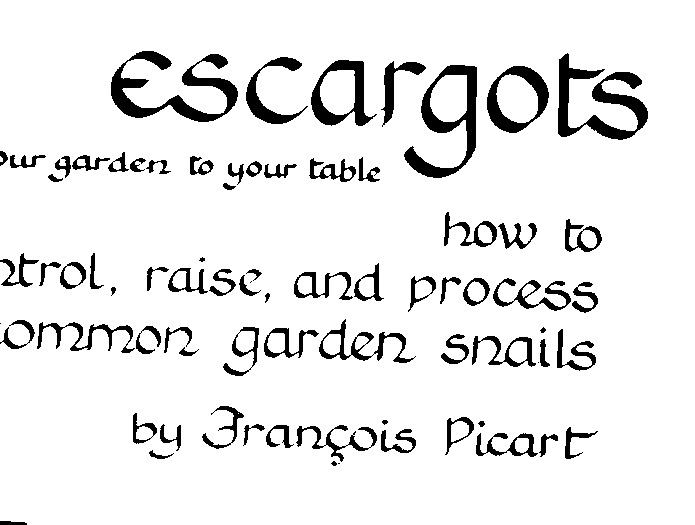I want to share in the article three stories about me that I find somehow related but I don't know if I'll be able to give some moral at the end. They're three stories about how I learned some things that were at the moment "useless" but ended up being quite important in my life. But the most important thing for me that makes me share this, is how excited I was while learning about them.
Learning Calculus

This story doesn't start with mathematics but with physics. I was in my last year of middle school (9th grade) when my big brother started studying Mechanical Engineering at the university. He left at home some books and one of them was the Sears & Zemansky1. At night I read them before bed and started annotating every formula I saw. I was fascinated by how I could calculate how long it would take for an object to fall from the tallest building in my town.
Somewhere down the line, I stomped with some problems I couldn't solve. I knew the answer was on the formulae I had been collecting meticulously, I just didn't know how to apply them. I was then struck with the fact that I had been writing them down but I wasn't understanding them fully. And there were some things in particular that I didn't understand. What are those "derivatives" they keep mentioning here and there?
...from a coverless book.
Lucky me! I don't know how it got there, but among some dusty books in my house, I found a book without the front page and in English that talked about those things I didn't understand. The part about the book being in English is crucial for the story because, at the moment, I didn't know that much English2.
But somehow I managed to learn what a limit was, and how the derivatives were limits of quotients. I started proofing why
and learned that I could find the extrema of a function. And I learned how to reverse the derivation, I learned how to integrate. I was simply fascinated by it 🤩. Just me, an old book, paper, and pencil.
I wasn't thinking about the usefulness of that, I was merely having fun. But it ended up being quite helpful. I started reading the physics book again from the beginning but this time I was actually learning, I was even solving the advanced problems! Maybe this wasn't because I now knew what those "derivatives" were but rather because I changed my approach to be more deliberate about my reading.
Also, one year later when I started the physics competitions in high school, I dominated the competitions because of that knowledge that others didn't have. I could find maxima and minima of functions, I already knew about Newton's Laws, and I knew how to derivate so I could use the constraint equations method in pulley systems.
Learning to code
The next story is about how I learned to code. It was also when I started high school (10th grade). I wanted to participate in every science contest: maths, physics, chemistry, biology, and informatics; but in Cuba, all of the national level contests are held the same day at the same time, so I had to choose only one of them. I stayed in physics because I liked the coach and other subjects didn't even have a coach.
That was the case of informatics. Some professor appeared one night and made interested people solve a problem to select the team3. I was the first to solve the problem and the professor welcomed me to the team. But it meant nothing in terms of learning until some time later when another professor took the lead in the training.
...with pencil and paper
I was then given a book on how to program in C/C++ and started studying. At the time I didn't have a computer, so I read the book and "programmed" with pencil and paper. I waited until I got to use some of the computers at school to type in the program and see if it compiled and ran as expected.
Again, I wasn't thinking about the usefulness of programming. I just wanted to make the computer do cool things! And by cool I mean printing a triangle of asterisks
.c
void
Learning HTML/CSS/Javascript
Fast forward to 2020, the beginning of the lockdown because of the COVID-19 pandemic. I was studying at Balseiro Institute and I had a "week off" while the authorities of the institute figured out how to continue forward. During that week, I started helping a friend digitalize a printed book. My task was to find fonts that matched the printed version. I used What the Font to find them, but I could only find a good enough match for the body of the text. For the headers, I had to make my own font.

I enjoyed it a lot! I learned about how fonts are made, glyphs, vector fonts, kerning, ligatures, serifs, etc. The figure above shows part of the process of making the font:
- First I binarized a picture of the font,
- then I used Inkscape to create the vector glyph from that image and
- then added it to the font file using FontForge.
...to make Inkscape look nice
Yeah. That's right. I learned the basics of web dev because the default Inkscape theme didn't match the theme of Ubuntu I was using. I learned that the application was using GTK-3 and it was themeable using CSS. So I went on to learn about it and found a tutorial on YouTube that started from HTML and went through CSS, Javascript, PHP, and MySQL.
I ended up not changing Inkscape's theme, but I continued learning about web development, and some years later I have used web technologies professionally in my jobs and I'm sure those skills will be valuable in future jobs too (I'm open to work, by the way).
Conclusion
As I said in the preamble, there is not much of a moral to this article or any of the stories, I only find them interesting looking backward. But all of those things I mentioned I learned were helpful at some point, so maybe there is a moral after all: just learn anything you can. No matter how useless, silly, or "just for fun" it seems, it might end up defining your future.
In case you are unfamiliar, in scientific literature it's common to refer to the books by the name of the authors rather than the title of the book. There are many "University Physics" books by different authors, some of them by Sears & Zemansky.
Many of the words in mathematics in English are similar to the analogous in Spanish: limit, fraction, extreme, function, point, formula, etc. I guess that that + what I knew was enough to infer the rest from the context well enough.
The problem is quite simple, give it a thought! You have cubes, you can make a shape with them. What's the minimum total surface area you can get using all of them? I heard about minimum and instantly thought about derivating something, but it's not necessary (nor useful as far as I know).